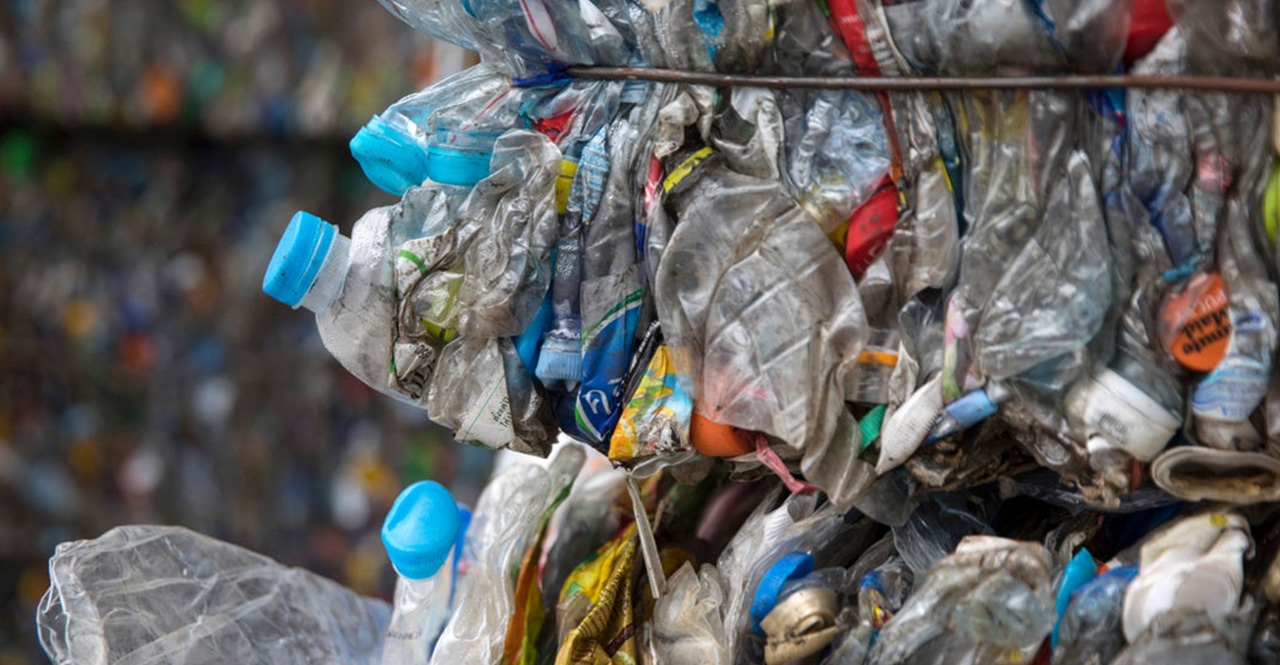Fostering Source Effectiveness and Environmental Management Through Liquid Waste Removal Programs
In the world of ecological stewardship, the administration of liquid waste stands as a crucial juncture where resource performance and environmental management converge. Liquid waste removal programs play a crucial role in securing our environments and making sure lasting advancement methods. By carefully dealing with the disposal of liquid waste, neighborhoods and sectors can not only reduce potential hazards yet additionally unlock possibilities for recycling and repurposing valuable resources. As we navigate the complexities of waste administration in a rapidly evolving world, the harmony in between cutting-edge innovations, rigid guidelines, and forward-thinking methods ends up being increasingly critical. With a lens of aggressive engagement and calculated insight, the landscape of fluid waste monitoring unveils a tapestry of difficulties and possibilities that beckon us to explore the path in the direction of a greener and more sustainable future.
Relevance of Fluid Waste Removal
The significance of liquid waste elimination lies in its important duty in protecting ecological health and wellness and guarding public well-being. Fluid waste, if not correctly taken care of, can posture significant risks to communities, water sources, and human wellness. With effective elimination procedures, damaging compounds such as contaminants, chemicals, and virus are prevented from contaminating the atmosphere and creating damaging results.
Proper liquid waste removal also aids in avoiding the spread of diseases and reducing the potential for groundwater contamination. By securely throwing away fluid waste, the risk of waterborne health problems and pollution-related health issues is considerably decreased - Liquid waste removal. Furthermore, reliable elimination practices contribute to keeping the general cleanliness and aesthetics of areas, thereby boosting the high quality of life for locals
In addition, fluid waste removal plays a crucial duty in supporting sustainable advancement and making sure compliance with ecological laws. By adhering to correct waste management methods, sectors and businesses can reduce their environmental footprint and show company obligation. Inevitably, spending in robust liquid waste removal programs is crucial for promoting environmental stewardship and fostering a much healthier, much safer future for all.

Advantages of Effective Disposal
Efficient disposal of fluid waste not just safeguards environmental health and wellness and public health but additionally produces various benefits that prolong beyond prompt containment steps. One essential benefit of reliable disposal is the decrease of contamination in water bodies and soil. By effectively handling liquid waste, the threat of contamination lowers, securing and protecting ecosystems biodiversity. Furthermore, effective disposal techniques add to resource conservation. With processes like reusing and energy recovery, important sources can be drawn out from fluid waste, promoting sustainability and minimizing the strain on basic materials. Taking on reliable disposal approaches can lead to set you back financial savings for communities and companies. By enhancing waste monitoring processes, companies can enhance procedures, decrease disposal expenditures, and potentially create profits via the sale of recycled products. On the whole, the advantages of efficient fluid waste disposal are diverse, encompassing environmental management, source effectiveness, and financial advantages.
Technologies for Waste Therapy
Using innovative technologies for waste treatment plays a vital role in making sure the reliable monitoring and secure disposal of liquid waste. One of the essential innovations used in liquid waste treatment is biological treatment.
Additionally, thermal treatment techniques such as incineration can be employed for the complete damage of dangerous elements in fluid waste. Generally, the integration of diverse treatment technologies makes sure comprehensive and environmentally friendly management of liquid waste.
Function of Rules and Conformity
In the world of fluid waste administration, adherence to governing frameworks and compliance criteria is extremely important for link guarding environmental wellness and sustainability. Rules play an important function in controling the proper handling, treatment, and disposal of liquid waste to stop damage to ecological communities and human health and wellness. By developing clear guidelines and criteria, regulative bodies ensure that organizations and people involved in fluid waste monitoring run in an ecologically liable way.
Conformity with these policies is not only a legal demand however also an honest commitment to safeguard the environment for current and future generations. It includes applying best techniques in waste collection, transport, disposal, and therapy to lessen ecological effect and promote resource performance. Non-compliance can lead to fines, lawsuit, and more tips here reputational damages for companies, highlighting the relevance of maintaining regulatory requirements.

Future Fads in Waste Administration

Another key pattern in waste administration is the adoption of advanced information analytics and expert system to optimize waste collection courses, improve sorting procedures, and enhance overall operational effectiveness. These innovations make it possible for waste administration firms to make data-driven decisions, causing set you back savings and ecological benefits.
In addition, there is an expanding focus on the growth of decentralized waste monitoring systems, such as onsite therapy centers and mobile waste processing systems. These systems provide adaptability and scalability, enabling much more reliable waste handling in diverse settings.
Verdict
To conclude, fostering source performance and ecological security with fluid waste removal programs is crucial for lasting development. Efficient disposal techniques, advanced innovations for waste therapy, and strict guidelines play key roles in decreasing ecological influence. Looking in advance, continual advancement and improvement in waste monitoring practices will certainly be important for attending to the expanding challenges of liquid garbage disposal.
In the realm of environmental stewardship, you can try here the administration of liquid waste stands as a vital juncture where source effectiveness and environmental security merge (Liquid waste removal).Using sophisticated technologies for waste therapy plays an essential function in ensuring the efficient monitoring and secure disposal of fluid waste.In the world of liquid waste monitoring, adherence to regulative frameworks and compliance requirements is vital for protecting environmental wellness and sustainability.In final thought, cultivating resource performance and environmental protection through fluid waste removal programs is vital for lasting growth. Looking in advance, constant innovation and enhancement in waste administration practices will certainly be crucial for dealing with the growing obstacles of fluid waste disposal